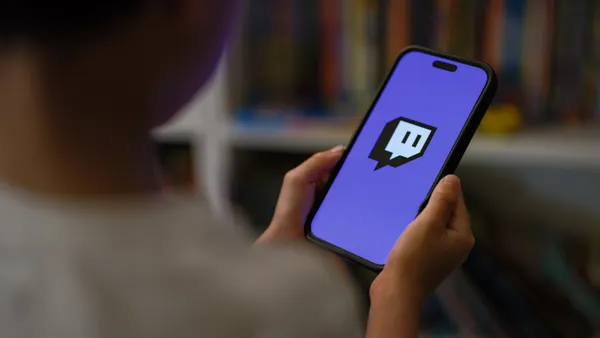Dive Brief:
- International health organization Global Fund, which works to combat diseases like AIDS, tuberculosis and malaria, is ending its partnership with Heineken over the brand's use of the drink promoters known as "beer girls," the Huffington Post reported.
- Heineken has faced pressure to end the use of beer girls before, who are predominantly young, paid low wages and typically rely on tips, the Huffington Post said. A 2011 study cited in the report revealed that some of these promoters in bars in Southeast Asia and Cambodia, in particular, also had jobs as sex workers, putting them at higher risk for sexually transmitted diseases such as HIV. A recent report in a Dutch publication revealed a similar situation among West African promoters.
- Global Fund first partnered with Heineken in January on a campaign around AIDS, tuberculosis and malaria in Africa, where the beer brand would leverage its communications and logistics to craft messaging strategies and offer quality control for shipments of medical supplies. Critics previously denounced the partnership, however, saying that a health organization shouldn't work with an alcoholic beverage company, per Huffington Post.
Dive Insight:
It's been a rough couple of weeks for Heineken. Global Fund dropping its partnership with the brewer follows a snafu last week when the brand pulled an ad amid a swell of accusations of racism on social media, including one from Chance the Rapper. In the spot, a bartender slides a bottle of Heineken Light past several black people before it stops in front of a lighter-skinned woman, landing with the tagline "Sometimes lighter is better." These incidents highlight how important it is for brands to be culturally sensitive and morally sound in both their consumer-facing marketing and business practices.
In the case of the beer girls, the use of low-paid promoters who are potentially exploited on the job could cause a stronger backlash toward Heineken than tone-deaf creative that even the brand admitted "missed the mark." Social media has increased brand accountability in such situations, 81% of consumers said in a recent Sprout Social survey. Millennials are more likely than other generations to turn to social media to call out a brand, with 56% of the age group reporting they've done so.
In an effort to reach these conscious, typically younger consumers, more businesses are focusing on cause- and purpose-driven strategies. However, as Heineken's fallout with Global Fund illustrates, marketers can clearly miss the mark if their nonprofit partnerships are not a good fit, or if they don't always embody the values they espouse.











